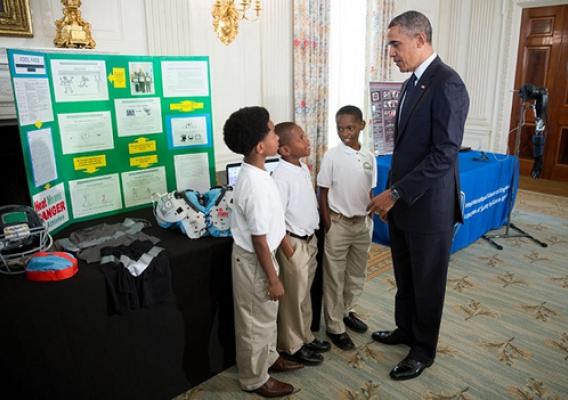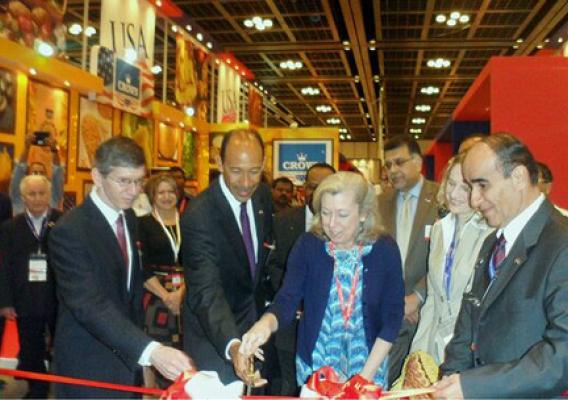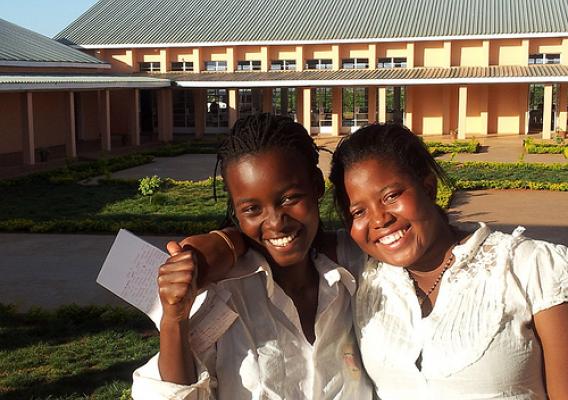This post is part of the Science Tuesday feature series on the USDA blog. Check back each week as we showcase stories and news from the USDA's rich science and research portfolio.
As part of the U.S. government’s global hunger and food security initiative called Feed the Future, USDA is building collaborative scientific partnerships with nearly a dozen organizations that will help U.S. and African goat producers enhance goat breeding and productivity.
Feed the Future is part of a multilateral effort launched at the L’Aquila World Summit on Food Security in 2009 to accelerate progress toward the Millennium Development Goal of halving the proportion of people living in extreme poverty and suffering from hunger by 2015. The program enables affected governments and their people to take the lead in developing and implementing food security solutions. These “country-driven” strategies give ownership and accountability, while tackling the root causes of hunger and poverty. Working with the U.S. Agency for International Development (USAID), USDA offers strong competencies in capacity development, food assistance, research and technology transfer in support of Feed the Future.








